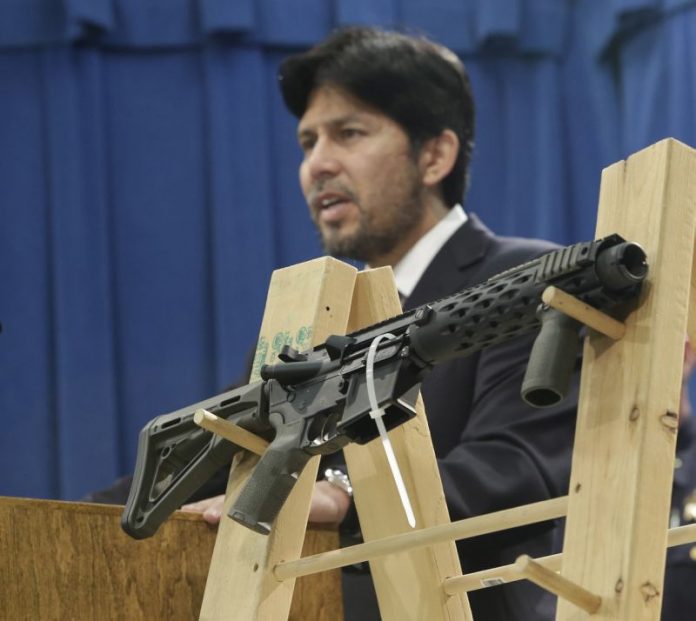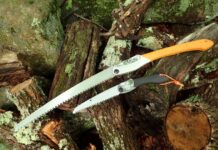
Except…
Legal, yes. Home built noncommercial firearms that have been dubbed ‘Ghost Guns’ are legal to build. But untraceable? (And yes I LOVE using our favorite ghost gun idiot to headline every time this topic comes up.)
KSAT News at 9 explains ghost guns, their impact on the community
SAN ANTONIO – You can build a gun in your own home without a serial number, and it’s all legal. These untraceable firearms are known as ghost guns.
No, they’re known as 80% receivers. ‘Ghost Gun‘ is a scary term invented for the occasion. Like ‘Assault Weapon’. It exists to elicit an emotional response, not define an object accurately. The firearm community embraced the term to mock it.
“Ghost guns kind of a get a bad name because they don’t go through the normal channels,” said Josh Felker, president of Lone Star Handgun.
There are mixed opinions when it comes to ghost guns. Gun control advocates say they allow people who aren’t allowed to buy a gun to get one anyway. They also say ghost guns are increasingly being used in crimes.
Felker said criminals will find a way to get a gun no matter the obstacle.
Fekler isn’t the only one who says that. There are plenty of avenues for criminals to arm themselves and this one isn’t particularly scarier than any other. The firearms produced are no more or less dangerous than those with serial numbers on their sides.
The “untraceable” moniker.
I know what data trace they are referencing, a manufacturer didn’t serialize an 80% ‘ghost gun’ so it isn’t in rolls as a manufactured commercial firearm. It therefore cannot be traced by make model and serial through its distribution pipeline to the purchaser or retail store.
That’s the “untraceable” they’re talking about. We cannot reliably track from manufacturer to dealer and first purchaser on an 80%, because it isn’t a manufactured firearm.
We already cannot track reliably any non-voluntarily given information from beyond the first purchaser on serialized firearms. Voluntary information includes report of theft, even if under law theft must be reported, as it requires action of a party outside the commercial chain of custody that ends at the 4473. The reliable books of information end after commercial sale. People don’t keep receipts, they might not keep boxes or cases in good condition to read the serial numbers off them, and they certainly do not enmass memorize their serial numbers. I would be surprised if they knew the make and model of the gun.
And even if you’re meticulous and get all the information to the police. Good luck on having them enter it all correctly or bothering with any details. During my two personal and professional brushes with firearm theft the law enforcement side of the equation constantly ‘lost’ the accurate data they were given on what was missing. Over a dozen of ‘our firearms’ were ‘found’ and we were notified they would be returned to us, only for it to then be an entirely wrong make and model.
A Kimber 1911 that was part of the theft, a limited edition one, was ‘returned’ to the store 3 times. First as a lever action .38, second as a Taurus revolver, and third as a Ruger .22 pistol. This speaks volumes to the reliability of tracing.
So forgive me if I don’t think serial numbers are the magic crux of this whole tracing guns issue. California is saying that ghost guns are impacting their communities. But is that ‘impact’ at higher rates than general crime? Did we see a shift in method, instead of frequency? Are case closure rates being significantly influenced by the lack of serial numbers? Are the presence of non-serialized arms dramatically shifting the threats faced in California?
Or are these just more examples of getting around California’s draconian and inefficient prohibitions on firearms and their accessories.
Ghost guns aren’t a problem. Not in any dramatic sense beyond normal firearms used illicitly. They still leave every bit of other trace evidence that serialized firearms do when they are used.
California seems to be, as usual, missing the forest for the trees and wasting time and money on showy, broad, catch all, crowd pleaser programs than admitting this is a complex problem and that the way to target it is socially, far more than prohibitively by object.



